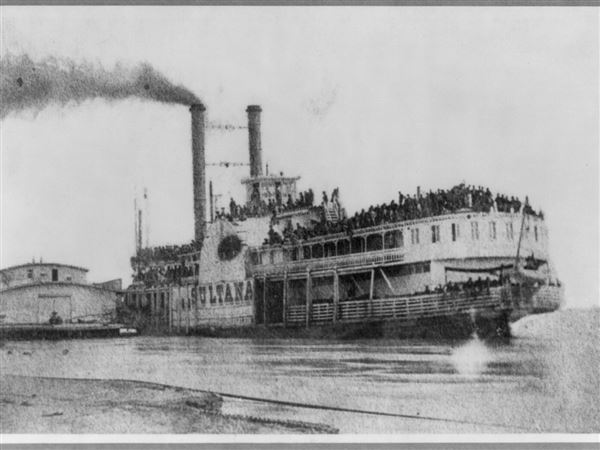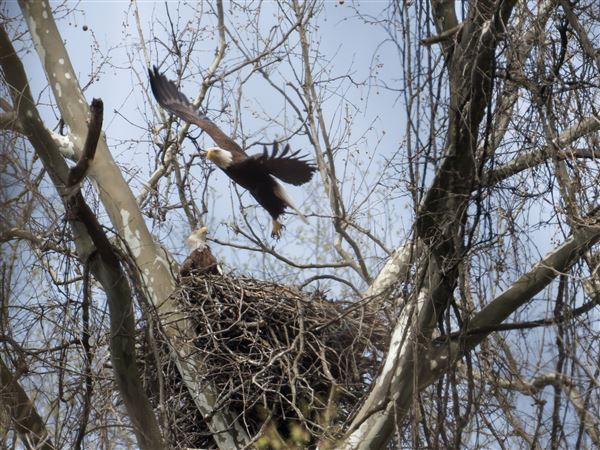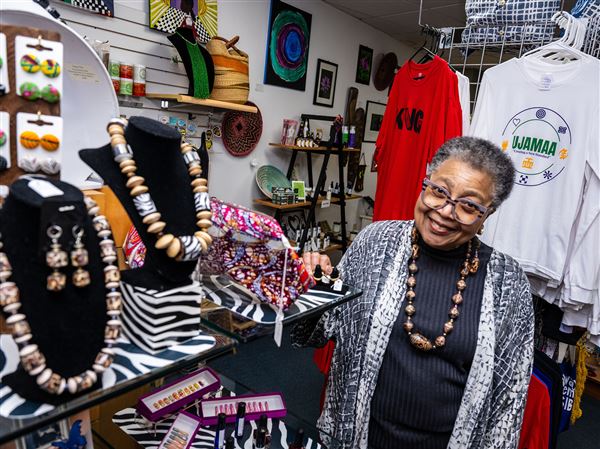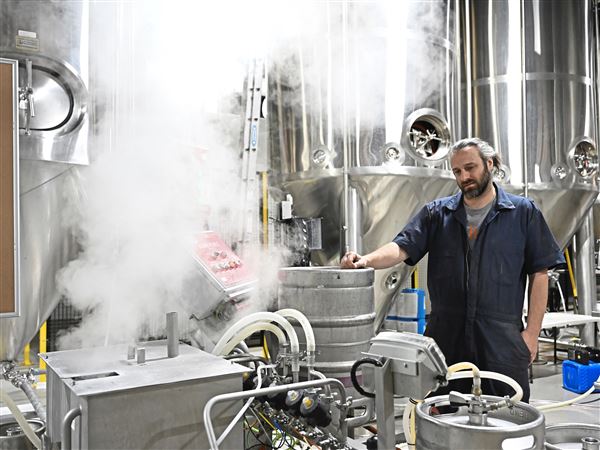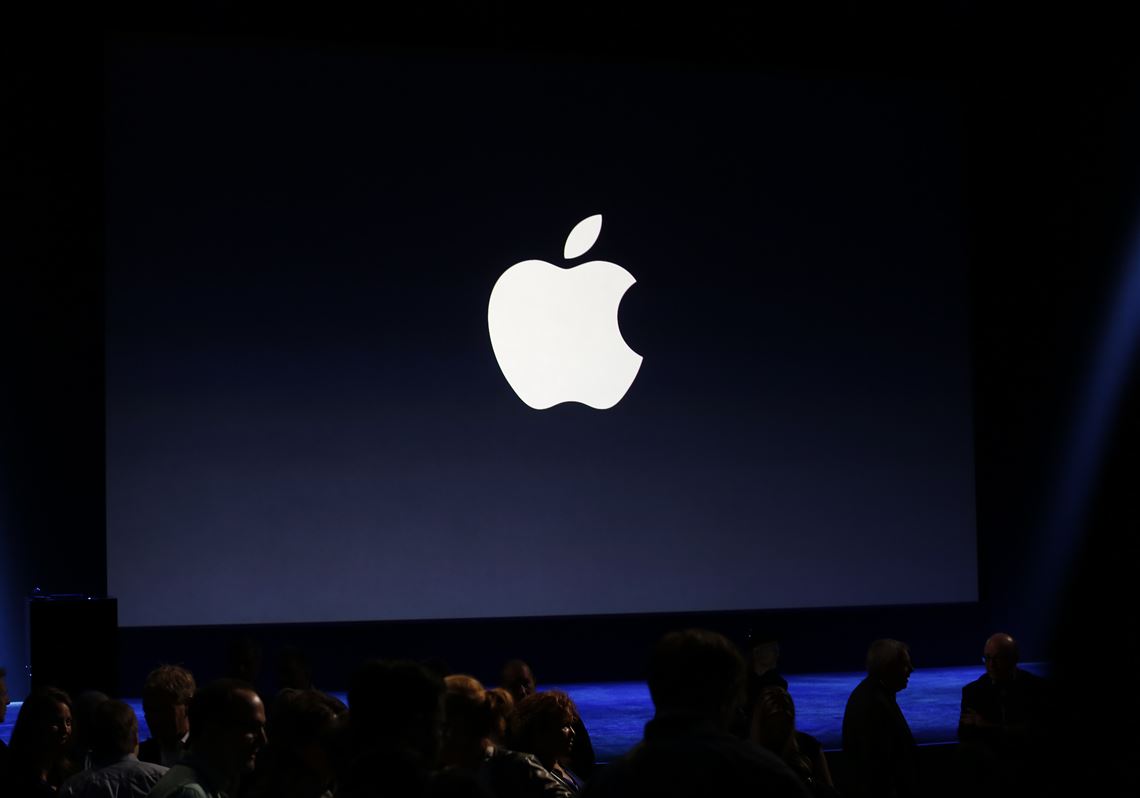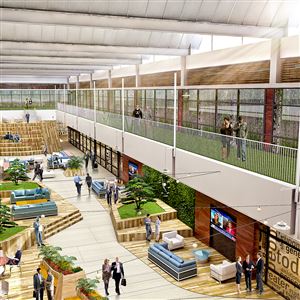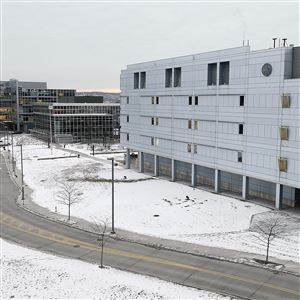A new office, hotel and retail development proposed by Carnegie Mellon University is part of a bid to transform the Forbes Avenue corridor in Oakland into one that could “rival the major hubs of innovation around the world.”
The complex — up to 425,000 square feet in size — would be built on two acres of university-owned land located between the Carnegie Museums and Junction Hollow near Craig Street.
In an email to the university students, faculty and staff this week, Farnam Jahanian, CMU vice president of research and provost-designate, said the goal is to twin the project with other work underway — the Tepper Quadrangle under development, the expansion of Cohon University Center, renovation of Hamburg Hall and construction of Scott Hall, the new home for nano fabrication — to remake Forbes Avenue and more.
The development has been part of the master planning for the university as it seeks to expand its campus and make space for technology giants like Apple and Disney lured by its talented and ambitious faculty and students.
“President [Subra] Suresh has talked about the opportunity to harness this new infrastructure, together with the university’s historic strengths in research, creativity and entrepreneurship, to create a new innovation corridor — one that could rival the major hubs of innovation around the world, and make Pittsburgh and Carnegie Mellon University a magnet for talent and an axis for ideas that have global impact,” Mr. Jahanian wrote in the email.
The new development, according to Mr. Jahanian, could include research space for students and faculty, space for external partners, labs and studios for shared industry-academia use, office space, “a quality hotel,” a parking garage, and some retail space.
“It would build on the momentum of the adjacent Mehrabian Collaborative Innovation Center and serve as a new gateway to our campus from the west,” he said.
CMU has hired the Jones Lang LaSalle real estate company to help in the selection of development partners for the proposed venture. A request for proposals issued by the firm is due June 5.
Mr. Jahanian said the university intends to work with campus partners and developers “to understand what is possible and evaluate proposals.”
J.C. Pelusi, Jones Lange LaSalle market leader and managing director, said the developer to be chosen later this year will be responsible for building and funding. The new office, hotel and retail building will be the second-largest structure on campus.
According to a JLL press release, the development would provide new office space for industry, government and nonprofit partners seeking to establish or enlarge their footprints at the university.
One possible target could be Apple, which has been looking to expand its presence is the region. Currently located at the Mehrabian center, the iPhone and Mac computer maker has been searching for 15,000 to 20,000 square feet of office space.
JLL has been representing Apple in that matter. Mr. Pelusi would not comment on the search, but said there are many advantages for companies like Apple, Google and Disney, all of which have or have had a presence on CMU’s campus, to be close to the university known for its technology research.
“I think all of those folks may be people who are interested in the space,” he said.
Pittsburgh Mayor Bill Peduto saw the new development, which has been discussed for several years, as a response to the interest by companies in wanting to be in Pittsburgh and close to CMU and the University of Pittsburgh.
“In the next 10 years, we’re going to see Pittsburgh become a global innovation center, meaning international companies that are going to want to set up operations in this city, much like Apple and Microsoft and Google already have,” he said.
Likewise, Mr. Jahanian, in his email, said a “growing number of industry, government, and nonprofit partners have expressed an interest in opportunities to work with our researchers and students here in Pittsburgh.”
Mr. Peduto said the city has not committed any money to the project but may be willing to do so as long as it meets certain benchmarks for sustainability and inclusion.
CMU hopes to break ground on the development and Tepper Quadrangle later this year. Those two projects, along with the expansion of the Cohon activity and dining center and the Hamburg Hall and Scott Hall work, would add more than 750,000 square feet of collaborative research, education, and recreational space to campus over the next five years.
The $201 million Tepper project alone is expected to increase classroom and collaborative learning spaces by 50 percent in support of innovation and entrepreneurship and global connectivity.
Mr. Pelusi said the hotel in the new development would be primarily for university use. It likely would be upscale and full service and include a conference center with perhaps some university branding. Retail would be driven by the developer in collaboration with CMU.
First Published: April 22, 2015, 1:31 p.m.
Updated: April 23, 2015, 4:27 a.m.
